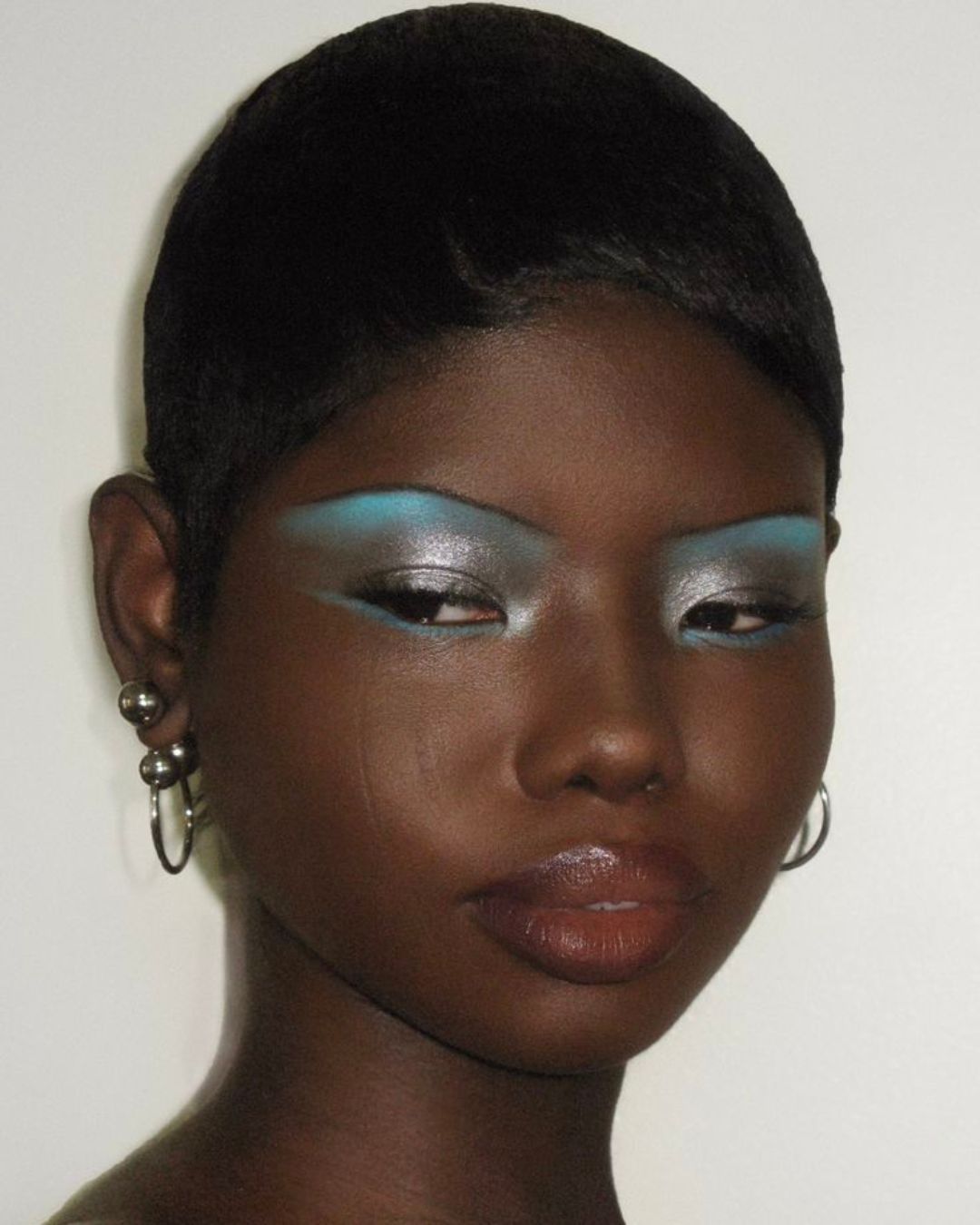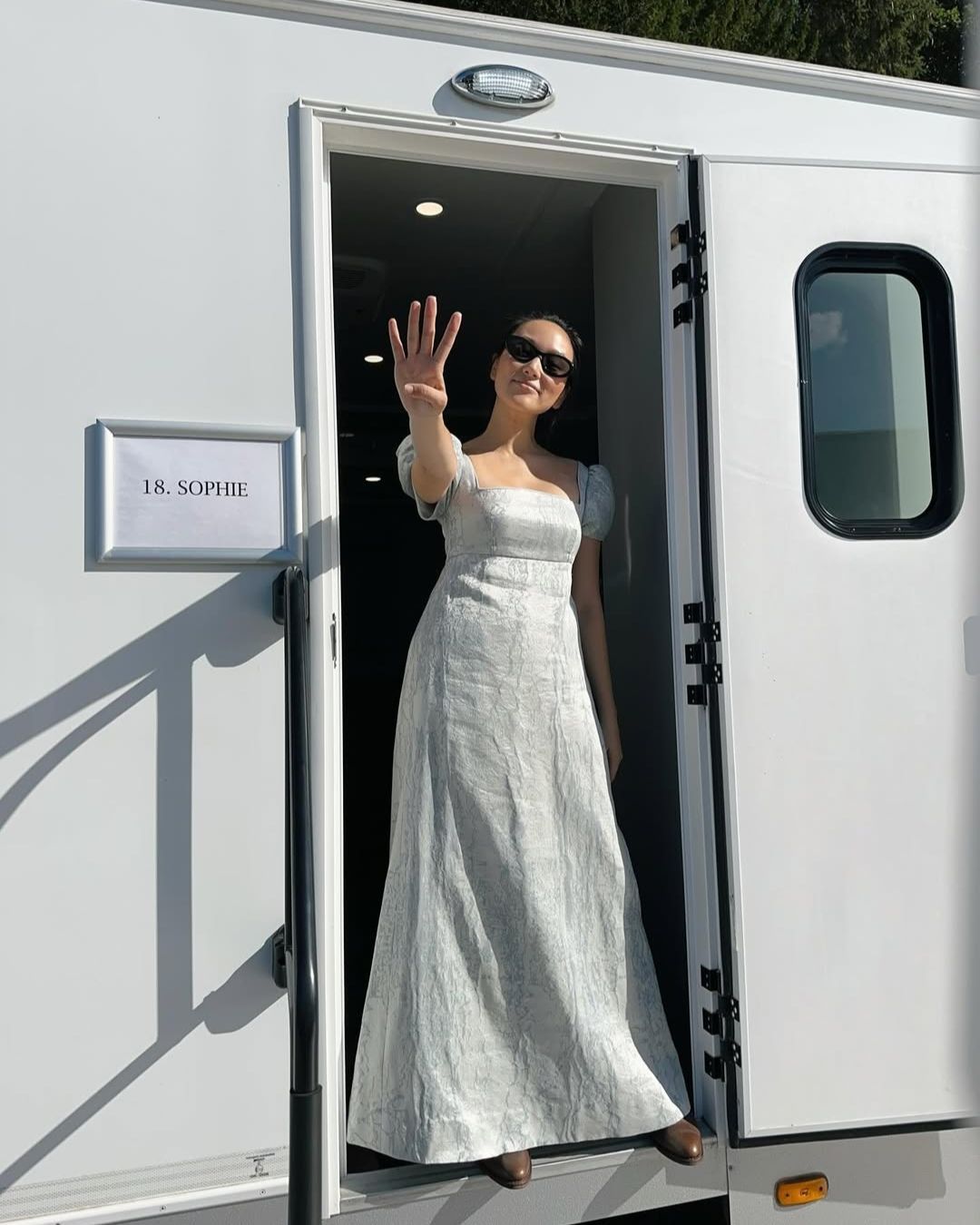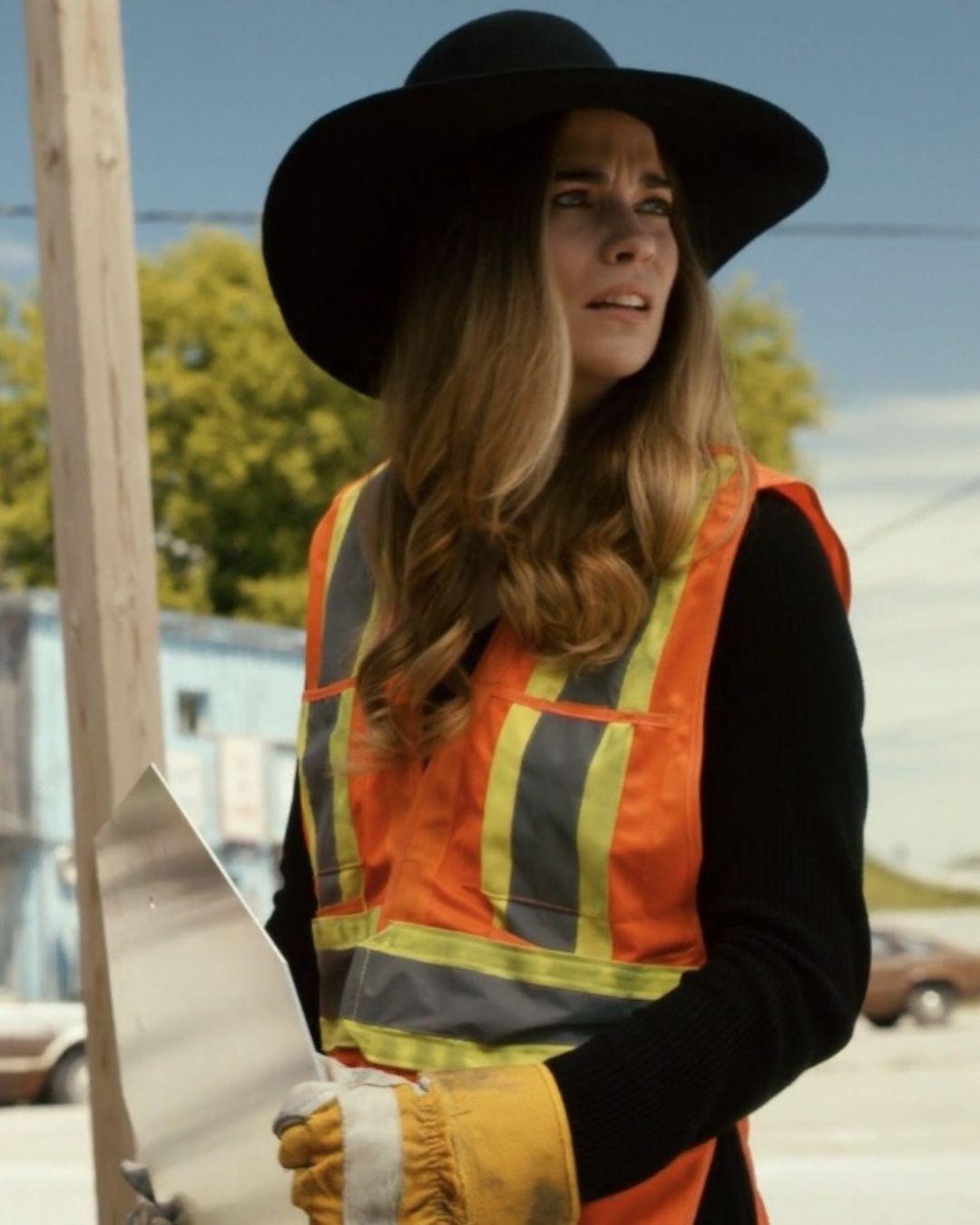
No one likes musicals (especially surprise ones) From Wonka to Mean Girls, why don't we appreciate them?
When I settled into the cinema seat to watch Wonka, I wasn't sure what to expect. Typically, I tend to keep myself in the dark about the movies I'm going to see to preserve the element of surprise, and that's my issue. I anticipated a whimsical and eccentric Timothèe Chalamet, an underdog team ready to accomplish some kind of mission, a sugary happy ending. What I truly didn't know was that the characters would spend a significant amount of time singing, advancing the plot through dances and choreography. A tough blow for me, as I claim not to love musicals. In the end, I found the film pleasant. A future children's classic, or close to it, which, although not highly effective, does not detract from the charm of its protagonist.
From Wonka to Mean Girls: The Musical Trap
I am not the only one who does not appreciate the genre, so much so that Wonka - or rather, its musical element, which was not revealed even during the film's promotion - sparked a vigorous debate online among lovers and haters of the cinematic musical. The same discussion we are witnessing happening before our eyes again less than a month later, this time with Mean Girls, in Italian cinemas in limited release from January 11. The film - a screen adaptation of the Broadway musical, which in turn is inspired by the iconic 2004 girls' film, which is inspired by a book (it's giving us a headache too) - according to some viewers, did not sufficiently clarify in the trailer its musical nature. So much so that on Twitter, a video circulated (now removed due to copyright violation) where an entire cinema could be heard sighing and complaining at the beginning of yet another song. Many questions arise. Why don't we like musicals? And why do production studios deceive us by revealing them as a surprise, when it's too late, we've paid for our ticket, and we're munching on our popcorn?
A Marketing Practice, According to Studios
Let's start with the facts. After the pandemic, musicals faced a severe crisis. Just look at the poor box office results for Cats and West Side Story. Wonka, on the other hand, was a success and effectively revitalized the genre, at least in terms of box office revenue. However, many argue that this revival occurred simply because the audience didn't know they were going to see a musical. And it's not a coincidence. According to Deadline, the studio intentionally hid the musical part of Wonka in the trailer because audience test groups showed a dislike for the genre. An anonymous studio marketer doubled down, stating to The Hollywood Reporter, "If you say or write the word musical, people will form prejudices. The musical has a specific connotation; it is believed that the protagonists will sing every single word, and the audience might be annoyed by it." The solution? Deceive the audience. And if the film is liked, then it's a success despite everything. A winning strategy that they have repeated with Mean Girls.
@hello_im_payton I hate musicals #controversial #overated #cringe original sound - Payton Floreck
Why Don't We Like Musicals?
Now that we have established that our feeling of being fooled is justified, indeed a genuine marketing practice, let's delve deeper into the origin of the problem. Why don't we like musicals? It could simply be a matter of taste. After all, the musical is a demanding, highly specific genre that has been adapted from the theater to film and television, always attracting great love and equally great hatred. Perhaps, however, there are other, more subtle reasons. Sometimes, for example, we associate musicals with childhood films, Disney, and Pixar, and for this reason, we snub them. Some people find musical songs cringe-worthy, especially when characters speak by singing and in a dubbed version, inevitably less effective than the original. Finally, there is the issue of film bros, who, with their superficial snobbery, have decided that musicals are not real films, not worthy of appreciation. Pose or taste, hating trend or reality? The truth lies in between. The important thing is to agree on three facts: 1) deception is not a good method for long-term audience loyalty 2) we need to keep an open mind and be ready to appreciate the unexpected musical numbers and 3) Chicago (2002) rocks in any case, whether it's a musical or not makes no difference.


























































